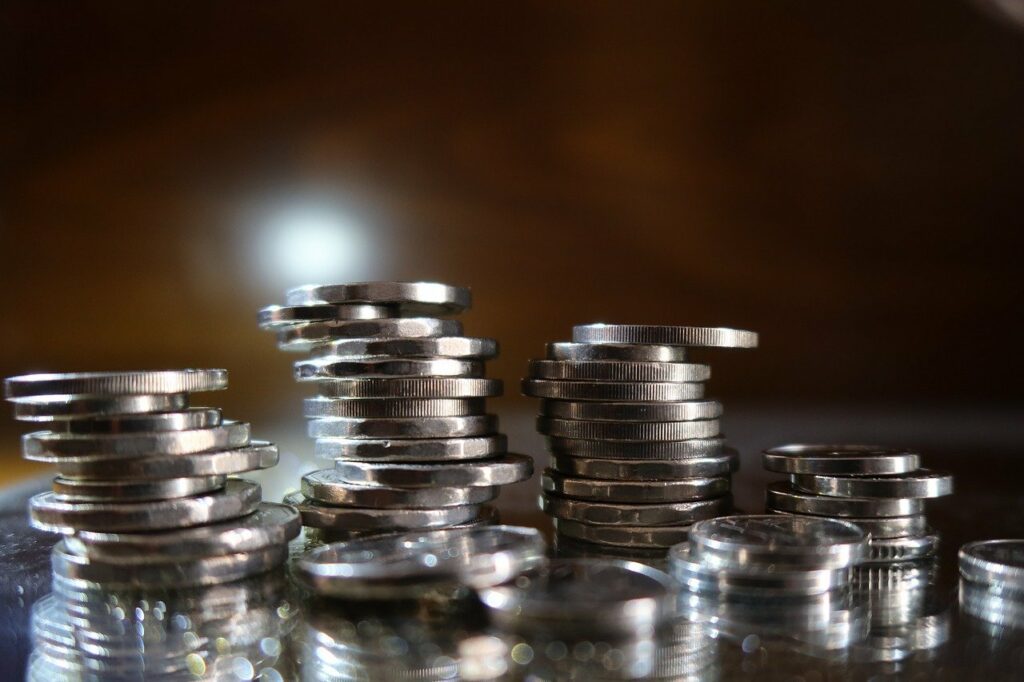Thailand’s government has recently approved a monumental investment deal, allowing Sunwoda, a significant player in the battery market, to proceed with a $1 billion investment aimed at establishing electric vehicle (EV) battery cell plants in the country.
EVs are anticipated to dominate the automotive sector, with a projected 58% of all new car sales globally expected to be electric by 2040, according to BloombergNEF. Thailand, seeking to capitalize on this trend, has been encouraging foreign direct investment (FDI) in the EV sector as part of its policy to turn the nation into a regional EV production hub. The approval of Sunwoda’s investment mirrors this ambition and represents a significant step toward realizing Thailand’s goal of having EVs account for 30% of its automotive output by 2030.
Harnessing local and international investment can significantly ramp up the country’s production capacities. As per Frost & Sullivan’s research, the Asian EV market is set to grow by a Compound Annual Growth Rate (CAGR) of 22.83% from 2021 to 2028. On this note, Sunwoda’s involvement is a strategic boost, potentially making Thailand a central node in this expansive growth.
However, the initiative doesn’t come without challenges. Despite the promising outlook, the sector is fraught with issues related to infrastructure and market acceptance. For instance, the current lack of extensive EV charging stations and consumer skepticism about the transition to electric vehicles pose substantial hurdles. Additionally, Sunwoda’s plan to establish battery production facilities must address environmental sustainability standards to avoid counteracting the very ecological benefits EVs promise.
To navigate these issues, Thailand can focus on bolstering its infrastructure through partnerships and government incentives. Encouraging the expansion of charging networks and collaborations between local firms and international technological entities are plausible paths forward. Furthermore, developing stringent environmental guidelines for manufacturing and the recycling of battery components can help mitigate ecological concerns linked to increased production.
Stay updated on the latest in energy! Follow us on LinkedIn, Facebook, and X for real-time news and insights. Don’t miss out on exclusive interviews and webinars—subscribe to our YouTube channel today! Join our community and be part of the conversation shaping the future of energy.





